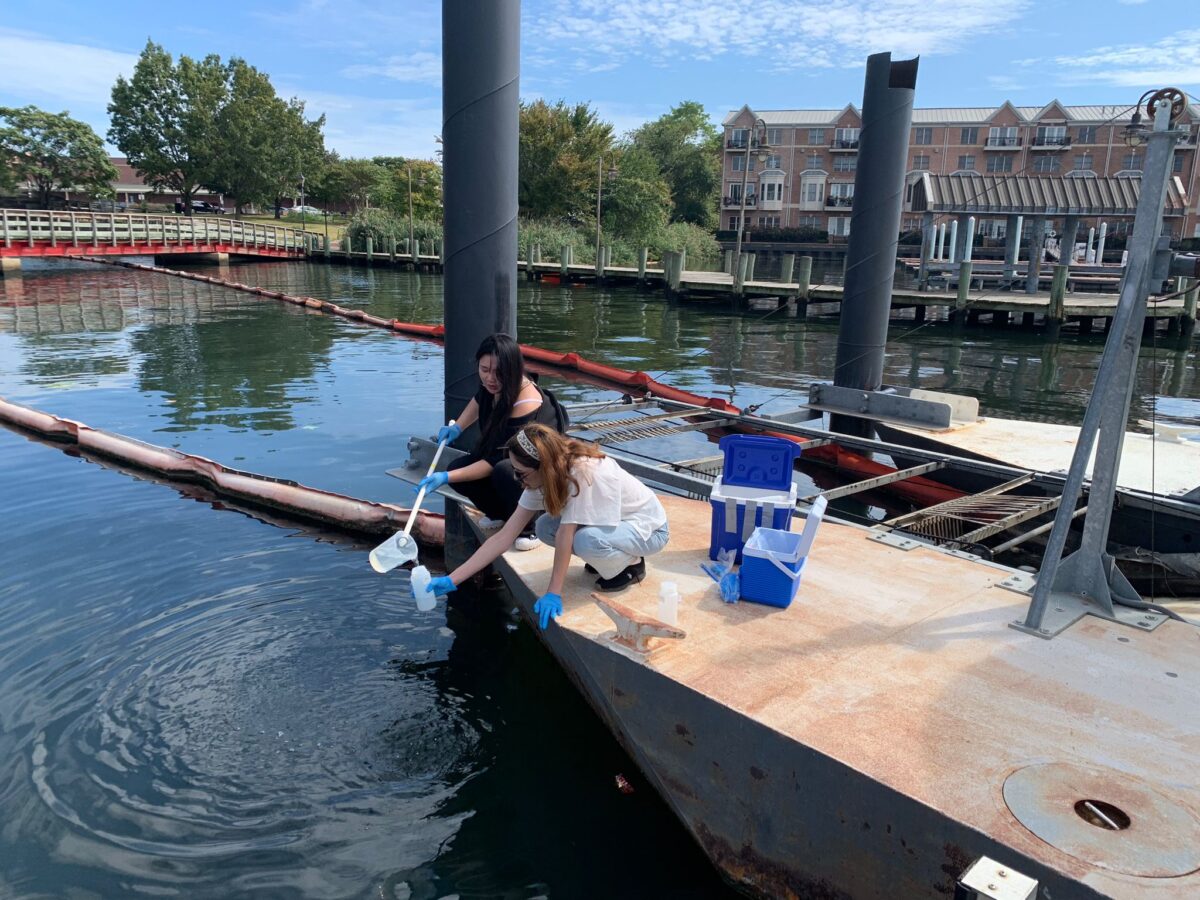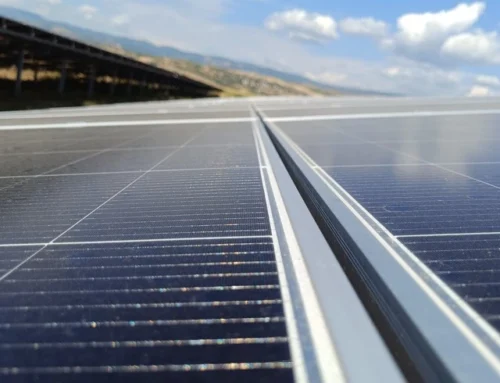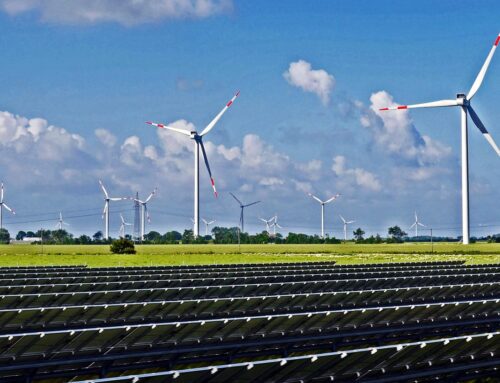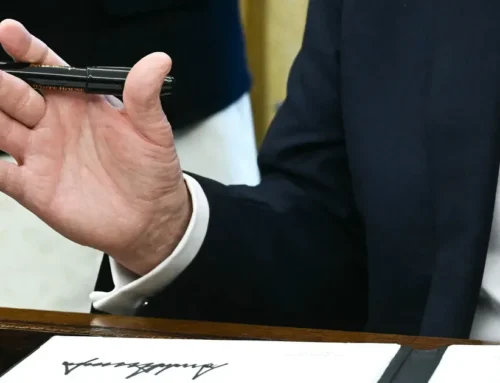ICARE Day Celebrates 5 Years Of Environmental Research, Community Partnerships – UMBC: Un
May 19, 2025
Since fall 2021, UMBC’s Interdisciplinary Consortium for Applied Research in the Environment (ICARE) has supported master’s students pursuing environmental science research related to Baltimore and the surrounding area. Students in the program have studied everything from “forever chemical” contamination in local waterways to educational outreach using horseshoe crabs to stormwater management. Trainees have looked at urban bat populations, community members’ knowledge of zero-waste practices, and oyster aquaculture. Program alumni have accepted roles with the U.S. Forest Service, National Oceanic and Atmospheric Administration, The National Academies of Sciences, Baltimore Tree Trust, and more.
To increase the relevance and benefit of students’ projects, members of community partner organizations co-advise students on their research. Co-advisors have come from organizations like Baltimore Green Space, Maryland’s Department of Natural Resources, and the South Baltimore Community Land Trust. ICARE began with a handful of faculty members from all three colleges at UMBC who wanted to collaborate more closely. Over time, it grew into an NSF-funded training program that today includes more than 100 people and 36 organizations.
Earlier this month, the ICARE program celebrated its impact with “ICARE Day,” including a research poster session and luncheon with keynote address.



“You’re combining the skills, knowledge, and perspectives you gained here in ICARE with your already strong commitment to environmental justice to make the world better for people and the ecosystems we live in,” said Tamra Mendelson, professor of biological sciences and ICARE program director, of program alumni, while members of the current cohort are “flexing those skills, nurturing your passions, and finding your way toward meaningful and consequential work in the environmental sector.”
Those opportunities are plentiful today, according to keynote speaker Fernando Miralles-Wilhelm, president of the University of Maryland Center for Environmental Science.
“What’s happening now is that individuals realize that every single thing we do—every single economic activity we engage in, from the food you eat, to the clothing you wear, to how we power our cities—everything hinges on the environment and natural resources,” he said. “It’s not just about having a nice landscape—the environment impacts economic bottom lines.”
Current trainees, set to graduate in the next few months, are pursuing a diverse set of projects. For example, Isabella Molatore has been studying the presence of invasive fish species in Baltimore Harbor through a combination of angler interviews and DNA testing of harbor water samples. Donovin Smith is exploring novel methods to detect heavy metals in the air and using the data to measure how proximity to railways, incinerators, and other factors affects air pollution. And Will Kaselow has compared the roles and effects of different entities that influence environmental education, such as nonprofits, various levels of government, and local institutions like schools and community centers.


Despite undeniable environmental challenges, Miralles-Wilhelm ended the event on a hopeful note.
“If you look at the news, you get bombarded by so much negative stuff. You may end up believing that the world is becoming a worse place. However, I counter that by saying that since World War II, every single human development indicator and every single environmental and development indicator around the world has gotten better,” Miralles-Wilhelm said. “We’ve spent quite a bit of effort—scientists, policymakers, and investors—to try to make a better world, and it is working. It may not be working at the pace that you want it to work, it may not be improving everywhere at the same time, but it’s also undeniable that we have gotten better.”
ICARE trainees and alumni, armed with skills from technical laboratory techniques to community organizing, are now poised to contribute to and accelerate that positive trend.
Tags: Baltimore City, Biological Sciences, Biology, CAHSS, CNMS, GES, ICARE, MarineBiotech
Search
RECENT PRESS RELEASES
Related Post




